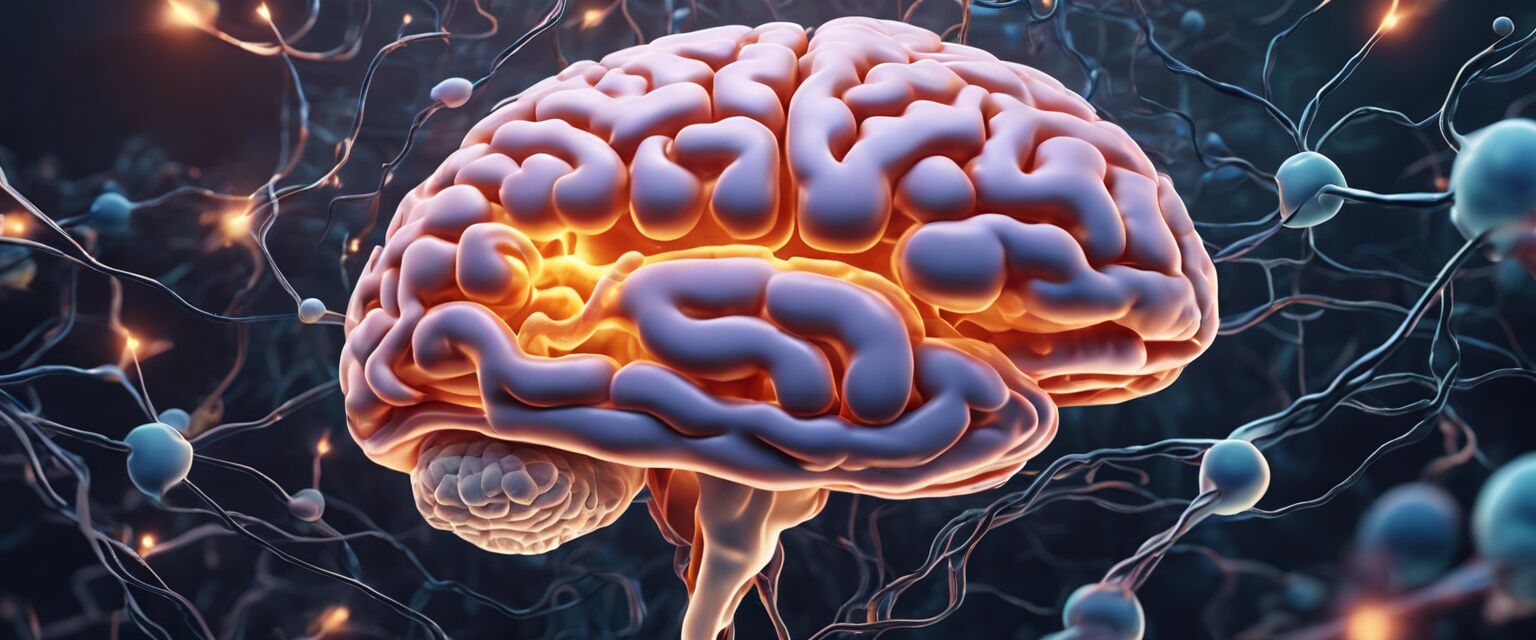
Gut-Brain Connection
The gut-brain connection is an intriguing area of research that explores how gut health can influence mental health and wellbeing. This article dives into the mechanisms that link these two important aspects of health, as well as the role of diet and lifestyle in maintaining a healthy gut-brain axis.
Key Takeaways
- The gut and brain communicate through various pathways, including the vagus nerve.
- Gut microbiota play a significant role in mental health.
- A balanced diet and lifestyle choices can support both gut and mental health.
- Supplementing with prebiotics and probiotics may be beneficial for gut health.
Understanding the Gut-Brain Connection
The gut-brain connection refers to the bidirectional communication between the gastrointestinal tract and the brain. This communication happens through pathways such as the enteric nervous system, the vagus nerve, and various biochemical signals. Research indicates that these interactions can affect mood, cognition, and overall mental wellbeing.
How does it work?
- Vagus nerve: This is the longest cranial nerve, connecting the gut to the brain and facilitating communication between the two.
- Gut microbiota: The vast array of bacteria in our gut can influence brain function by producing neurotransmitters and other chemicals.
- Hormonal signaling: Hormones released in the gut can impact brain activity and behavior.
Dietâs Role in Gut and Mental Health
A balanced diet plays a critical role in maintaining a healthy gut and, consequently, a sound mental state. Below is a table showcasing dietary components that may impact gut health and their potential effects on mental wellbeing.
| Food Component | Potential Effects on Gut Health | Potential Effects on Mental Health |
|---|---|---|
| Probiotics (yogurt, kefir) | Support gut flora balance | May improve mood |
| Prebiotic foods (bananas, onions) | Feed beneficial gut bacteria | May enhance brain function |
| Omega-3 fatty acids (fish, flaxseed) | Reduce inflammation in the gut | Linked to lower depression rates |
| Fiber (whole grains, legumes) | Promotes healthy digestion | Supports cognitive function |

Impact of Lifestyle on Gut Health
Not only diet but also lifestyle factors play a significant role in maintaining gut health and by extension, mental health. Here are some lifestyle habits to consider:
- Regular exercise: Physical activity can improve gut motility and increase microbial diversity.
- Stress management: High-stress levels can negatively affect gut health; practices like yoga and meditation can be beneficial.
- Sufficient sleep: Quality sleep is crucial for overall health and can affect gut microbiota.
Beginnerâs Tips for Enhancing Gut-Brain Health
- Incorporate fermented foods into your diet regularly.
- Stay hydrated to support digestion.
- Limit processed foods and sugars, which can harm gut health.
- Consider taking a quality probiotic supplement.
- Practice mindfulness to manage stress effectively.
Supplements to Consider
Many people explore supplements to bolster gut health, especially prebiotics and probiotics. Here's a comparison of the two:
| Supplement Type | Description | Potential Benefits |
|---|---|---|
| Probiotics | Live beneficial bacteria | May restore gut flora balance |
| Prebiotics | Non-digestible fibers that nourish probiotics | Support growth of good gut bacteria |

Exploring Research on Gut-Brain Interaction
Numerous studies have begun to unveil the complex relationship between the gut microbiome and brain function. Research in this field is expanding rapidly, with findings suggesting that improving gut health may lead to improvements in mood and cognitive function.
Conclusion
Understanding the gut-brain connection emphasizes the importance of maintaining gut health for a better mental state. By being aware of the dietary and lifestyle choices that can enhance this connection, individuals can take proactive steps towards improving both their gut and mental health. For more insights on improving digestive health, check out our articles on digestive enzymes, digestive health snacks, and probiotics & prebiotics.
Pros
- Increased awareness of the gut-brain axis is beneficial for health.
- A healthy gut can promote better mental health and mood stability.
- Dietary and lifestyle changes can have immediate impacts on well-being.
Cons
- Research in this area is still evolving, and not all claims are substantiated.
- Individual responses to diet and supplements can vary significantly.
- More clinical studies are needed to understand long-term effects.







